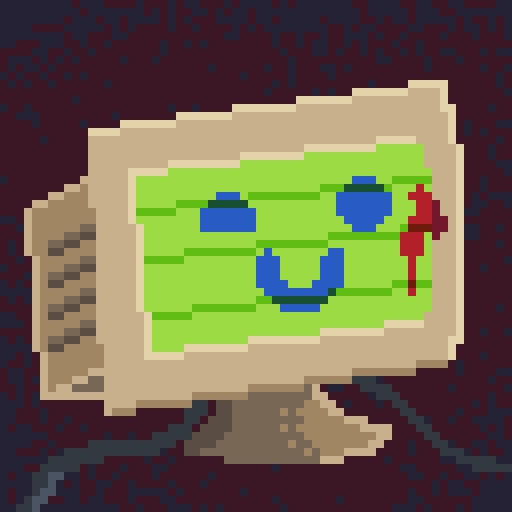Big fan of commandline tools such as vim, htop etc. What is in your opinion must have tools?
Ncdu is a really useful little utility that shows you what directories are using the most space on whichever drive/directory you select. Really useful little piece of software.
hdparm is another neato one that let’s you test the read speeds of your drives, though it’s more so something ya use once and forget exists.
Also, though Neovim is more popular, Helix deserves some recognition. It’s a rust based, vim inspired text editor which removes the need to configure it, making it easier for people trying to get into terminal text editors.
Edit: Jerboa removed the first name, my bad.
yt-dlpk9s is a game changer
Love k9s! I just pull dnit down and used it again today.
off the top of my head:
- vim
- git
- bash
- make
- whatever-compiler-im-using
- curl
- less
- grep
i use kibi as a text editor
i also have terminal client called alacritty
also doas instead of sudo
I mentioned this in another post, but tmux is awesome
I basically live in
nvim. Being able to configure my editor in an actual programming language makes it so much more useful to me thanvimcould ever be.I found lua to be a better programming language, but the text specific design of vimscript makes way more sense to my brain.
argos-translate for offline machine language translation.
tmux & neovim for editing files and organizing the terminal displays.
asciinema for recording and playing back terminal sessions.
rangerandmc- both are file managers, and their approach is so different that I choose one of them I need at the moment depending on what do I want to do (mcfor traditional file management,rangerfor looking around the directory tree and peeking into files)htop,tmux- classicsweechat,profanity- for my IM needsripgrep- for searching through filesmagic-wormholefor file and ssh public key exchangemoshfor when the network conditions aren’t idealnmapto see if that machine I’ve connected into the network is up and what IP did it getbatfor quick looking into filesgdb, with mandatory gdb dashboardnvimfor serious text and code editing,microfor more casual editing
xclipis incredibly useful to get and set data from the clipboard!gopupis to html whatjqis to JSON. It allows you to parse html to extract specific data for a given selector.bat is a nice one
- gcalcli : helps accessing google calendar using calendar api
- neix : rss reader
- I don’t know if it counts but : fish shell
I really like
entr- “Run arbitrary commands when files change”I have mostly replaced all command line stuff with Emacs, but there are still a few CLI utilities that I continue to use, whether I am in the CLI directly or whether I am using Emacs:
tmuxorscreen(terminal multiplexing)bash(shell scripting)grep,sed(filtering, formatting)ps,pgrep,pkill(process control)ls,find,du(filesystem search)ssh,nc,rsync,sshfs,sftp(remote access, file transfer)tee,dd(pipe control)less,emacs,diff,patch,pandoc(text editing)man,apropos(manual)tar,gzip,bzip2,xz(archiving)hexdump,base64,basenc,sha256sum(data encoding, checksums)wget,curl, (HTTP client)dpkg,apt-get,guix(package management)mpv(media player)ldd,objdump,readelf(inspecting binary files)zfs(maintaining my backup filesystem)
fzf for quickly matching file names especially deep in the directory hierarchy
ripgrep for quickly searching for text content within files
dtrx for handling the right extractions of different archive types
deleted by creator
What is the difference between
ripgrepand just plain grep?ripgrepis a reimplementation ofgrepin Rust. It benchmarks faster for large file searches and also comes with quality of life features like syntax highlighting by default.It also ignores files in .gitignore and some others by default
It also has a much simpler and forgiving syntax. Just type
rg anythingand it finds anything









